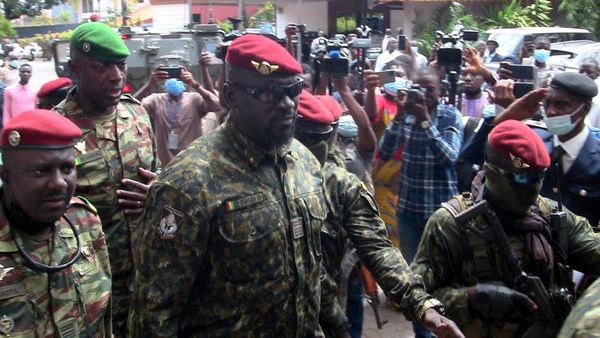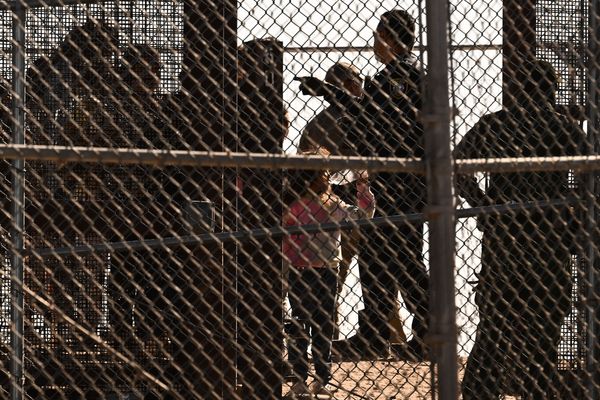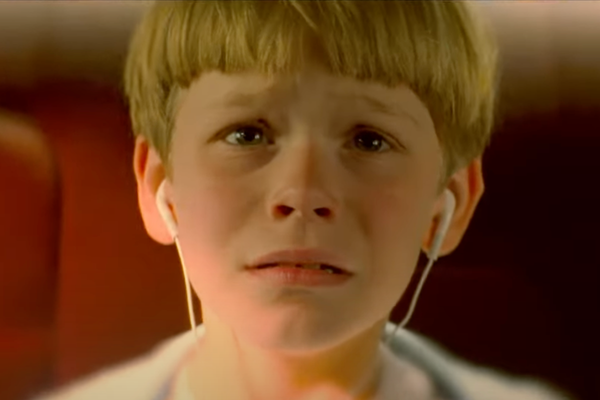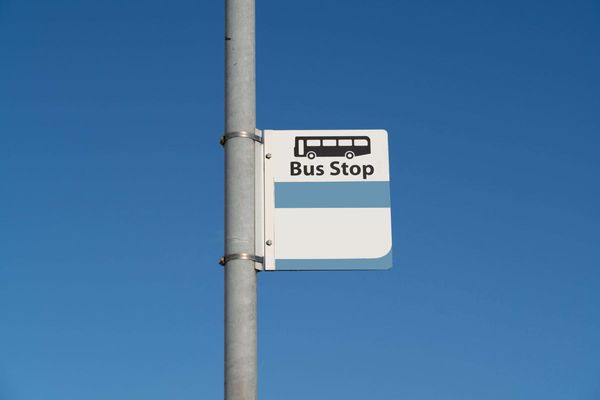
Elmau Castle (Germany) (AFP) - Five emerging powers have become the object of the G7 industrialised powers' charm offensive, as the club of rich nations seeks broader support in their backing for Kyiv.
German Chancellor Olaf Scholz, who is hosting the G7 summit of advanced economies in the Bavarian Alps, said the invitation to Argentina, India, Indonesia, Senegal and South Africa signalled that the community of democracies is not limited to the West or to countries in the northern hemisphere.
"The democracies of the future are to be found in Asia and Africa," said the German leader.
On the eve of the guest nations joining the summit, the G7 rolled out a $600-billion global infrastructure programme for the developing world.
But belying the invitation and the altruistic programme are fears that a blowback over the West's support for Ukraine is building around the globe.
Western allies are battling to counter the rhetoric fanned by Moscow that it is the sanctions against Russia rather than Vladimir Putin's invasion of Ukraine that are causing the multitude of crises rocking the world.
"Russia is responsible for this dramatic crisis, not international sanctions," German Foreign Minister Annalena Baerbock insisted at a recent international food security conference.
"We know about indirect negative sanctions effects and we acknowledge them.However, they are much smaller than the brutal actions of Russia, which uses hunger as a weapon," she said.
Sceptical
Three of the five guest countries -- India, Senegal and South Africa -- failed to condemn Russia over its assault of Ukraine, although Argentina and Indonesia did.
All five have been hit hard by the economic fallout from the war.
Thorsten Brenner, director of the Global Public Policy Institute, noted that "a crucial task" facing the G7 "is convincing many non-Western countries who are sceptical of sanctions that the West is mindful of their concern about rising energy prices when designing sanctions".
The emerging powers have underlined the hunger crisis threatening their countries as Russia's blockade of Ukrainian grain exports sends wheat prices soaring.
But other essentials such as sunflower oil and fertilisers essential for planting were also becoming scarcer, as both Ukraine and Russia are large producers.
And a scramble for energy by Western powers seeking to wean themselves off Russian energy has further pushed up power prices -- once again hitting the poorest hardest.
Statements by Senegal President Macky Sall following his recent visit to Moscow for talks with Putin over the food crisis alarmed Western officials.
Sall had said he was "reassured" by Putin and had instead called on Ukraine to demine waters around its Odessa port to allow grain exports out.
At the same time, Western allies are seeking to ensure that the developing giants refrain from taking action that could worsen the crisis.
India's decision to halt wheat exports and Indonesia's move to stop palm oil exports have sparked shockwaves in the commodities markets.
Argentina has also lowered its quota of wheat exports.
South Africa meanwhile is suffering from the soaring oil prices.
A G7 official said Monday's talks had shown that there was work to be done to convince the emerging giants about their action.
'Don't torpedo'
Putin too is jostling to broaden his backing, trying to hammer home his message that Western sanctions were to blame.
During a summit of Brazil, China, India and South Africa, calling on them to cooperate in the face of "selfish actions" from the West.
Amid fears of a growing gulf between the West and the rest, European leaders were tempering their tone.
While calls had been made earlier for G20 host nation Indonesia to exclude Putin from this November's summit, European leaders now appear to have distanced themselves from that stance.
A Kremlin advisor said Monday that Putin planned to attend the summit, having received the official invitation.Jakarta has also invited Ukraine's President Volodymyr Zelensky.
Scholz said the group of major developed and developing economies would continue to play a "big role" and cooperation was key.
Germany would therefore "not torpedo" the G20's work, Scholz told ZDF public television.
EU chief Ursula von der Leyen said on Sunday that she did not rule out sitting at the same table with Putin at the G20.
"It is also important to tell him to his face what we think of him," she said.
"And we must carefully consider whether we want to paralyse the whole G20," she said, warning that the bloc, which makes up 80 percent of total world economic output, is "too important a platform" to undermine.







